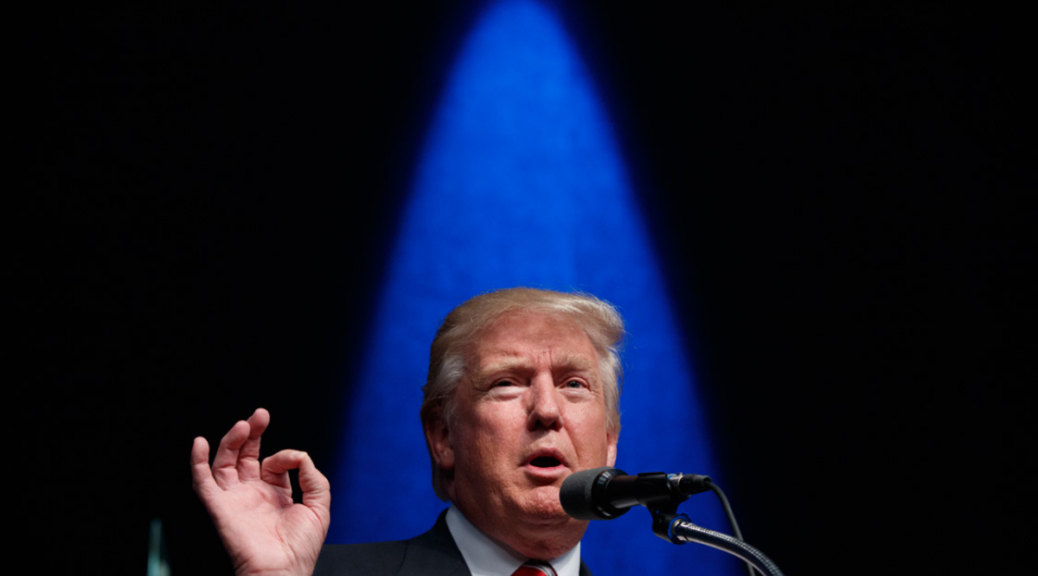Politico Magazine en ISSUES wijden interessante beschouwingen aan het verschijnsel Donald Trump, beter dan wat ik tot nu toe heb gelezen in kranten zoals The Washington Post en de Nederlandse kranten die niet verder komen dan het oprakelen van ’s mans kwestieuze c.v. en zijn pathologische leugenachtigheid.
Volgens Joshua Mitchel vertegenwoordigt Trump een Amerikaanse historische continuiteit, het Democratisch Pragmatisme dat in 1840 al is beschreven door Alexis de Tocqueville in Over de Democratie in Amerika. Contrair aan het democratische idealisme van de Franse Revolutie en de grote principes van de Verlichting. Deze filosofische stroming om problemen aan te pakken zonder vooropgezette principes maar door gaandeweg oplossingen te vinden, is de mentaliteit van de frontier, de verkenner, de cowboy en later de Amerikaanse zakenman: Can do, Let’s Roll! Dat betekent niet dat Amerikaanse politici geen ideeen hebben, legt Mitchel uit in donald-trump-does-have-ideas-and-wed-better-pay-attention-to-them-politico-magazine
(Joshua Mitchell is professor of political theory at Georgetown University, who teaches in Washington D.C. and Qatar. His latest book is, Tocqueville in Arabia: Dilemmas in a Democratic Age (University of Chicago Press, 2013).
In ISSUES koppelt William Bonvillian het resentiment van de lagere middenklasse aan de industriele teloorgang van de Verenigde Staten in donald-trumps-voters-and-the-decline-of-american-manufacturing-_-issues-in-science-and-technology
(zie ook:
(William B. Bonvillian directs MIT’s Washington office and teaches courses on innovation policy at MIT, Georgetown, and Johns Hopkins universities. He was an advisor to MIT’s “Production in the Innovation Economy” study of 2013–14, and worked on the President’s Advanced Manufacturing Partnership reports. This article draws from his recent book with Charles Weiss, Technological Innovation in Legacy Sectors (2015).

